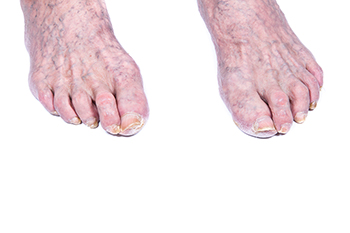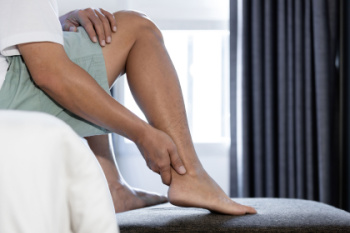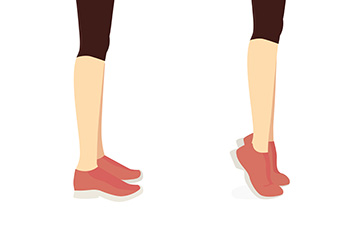
Stress fractures typically occur when there is a rapid increase in activity level or time spent on your feet. Your bones are resilient, constantly adapting to changes through a process called remodeling. However, when this adaptation is rushed, such as with sudden increases in activity, the balance between bone destruction and rebuilding is disturbed. This leaves your bones fragile and susceptible to stress fractures. Conditions like osteoporosis as well as high-impact sports may increase the risk of stress fractures. Foot structure variations like high or flat arches and wearing inadequate footwear can also contribute to heightened stress fracture risk. Symptoms of foot stress fractures include swelling, bruising, tenderness, and activity-related pain that diminishes with rest. Ignoring a foot stress fracture can make the injury worse and potentially lead to more severe consequences. If you believe you may have a foot stress fracture, it is suggested that you schedule an appointment with a podiatrist.
Stress fractures occur when there is a tiny crack within a bone. To learn more, contact one of our podiatrists from InStride Family Foot Care. Our doctors can provide the care you need to keep you pain free and on your feet.
How Are They Caused?
Stress fractures are the result of repetitive force being placed on the bone. Since the lower leg and feet often carry most of the body’s weight, stress fractures are likely to occur in these areas. If you rush into a new exercise, you are more likely to develop a stress fracture since you are starting too much, too soon. Pain resulting from stress fractures may go unnoticed at first, however it may start to worsen over time.
Risk Factors
- Gender – They are more commonly found in women compared to men.
- Foot Problems – People with unusual arches in their feet are more likely to develop stress fractures.
- Certain Sports – Dancers, gymnasts, tennis players, runners, and basketball players are more likely to develop stress fractures.
- Lack of Nutrients – A lack of vitamin D and calcium may weaken the bones and make you more prone to stress fractures
- Weak Bones – Osteoporosis can weaken the bones therefore resulting in stress fractures
Stress fractures do not always heal properly, so it is important that you seek help from a podiatrist if you suspect you may have one. Ignoring your stress fracture may cause it to worsen, and you may develop chronic pain as well as additional fractures.
If you have any questions, please feel free to contact our offices located in Concord, Charlotte, and Salisbury, NC . We offer the newest diagnostic and treatment technologies for all your foot care needs.





